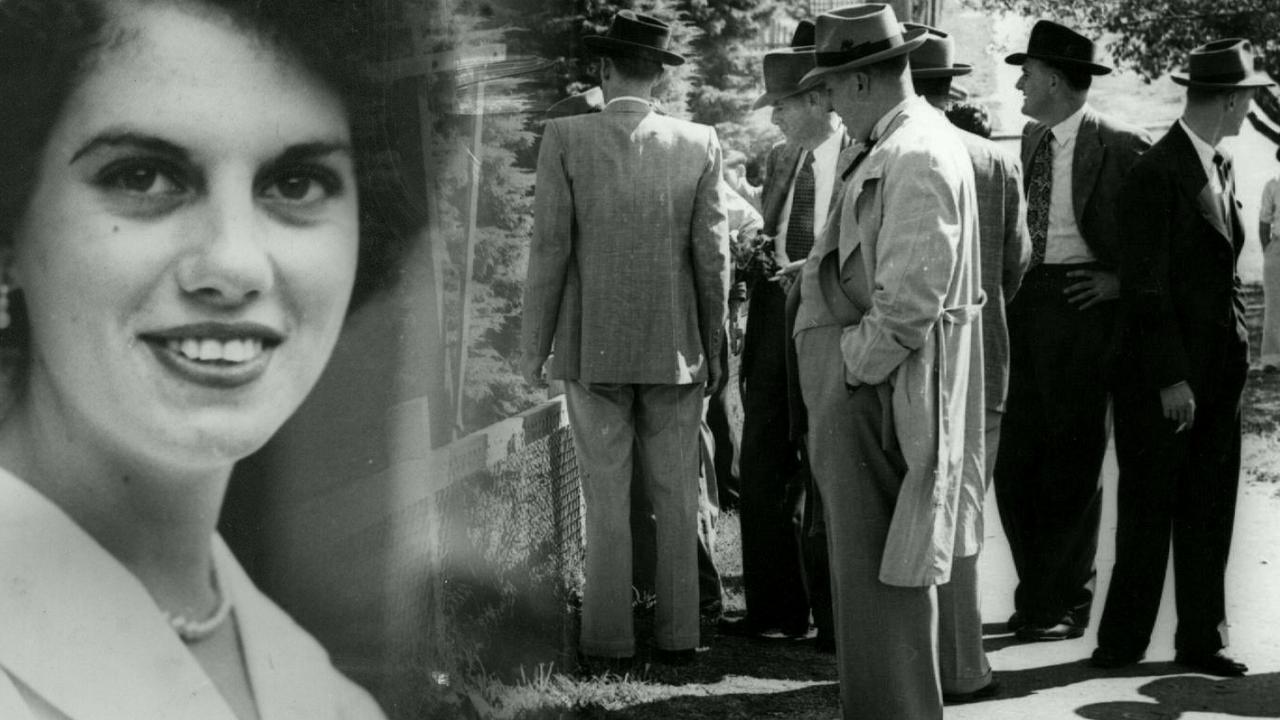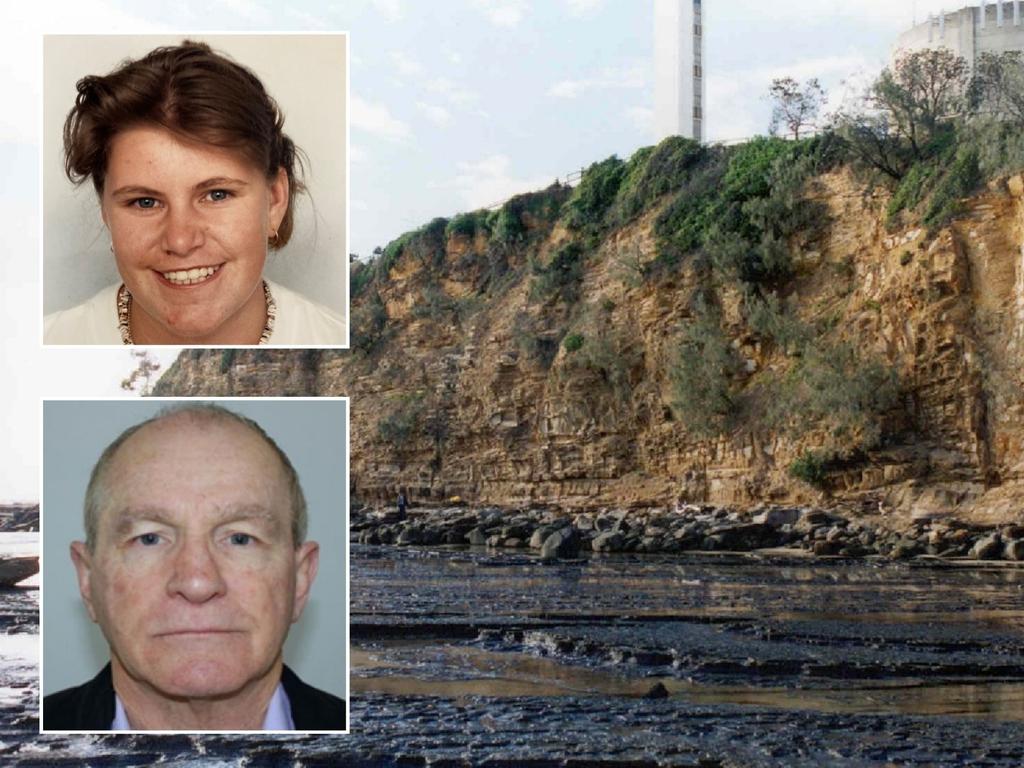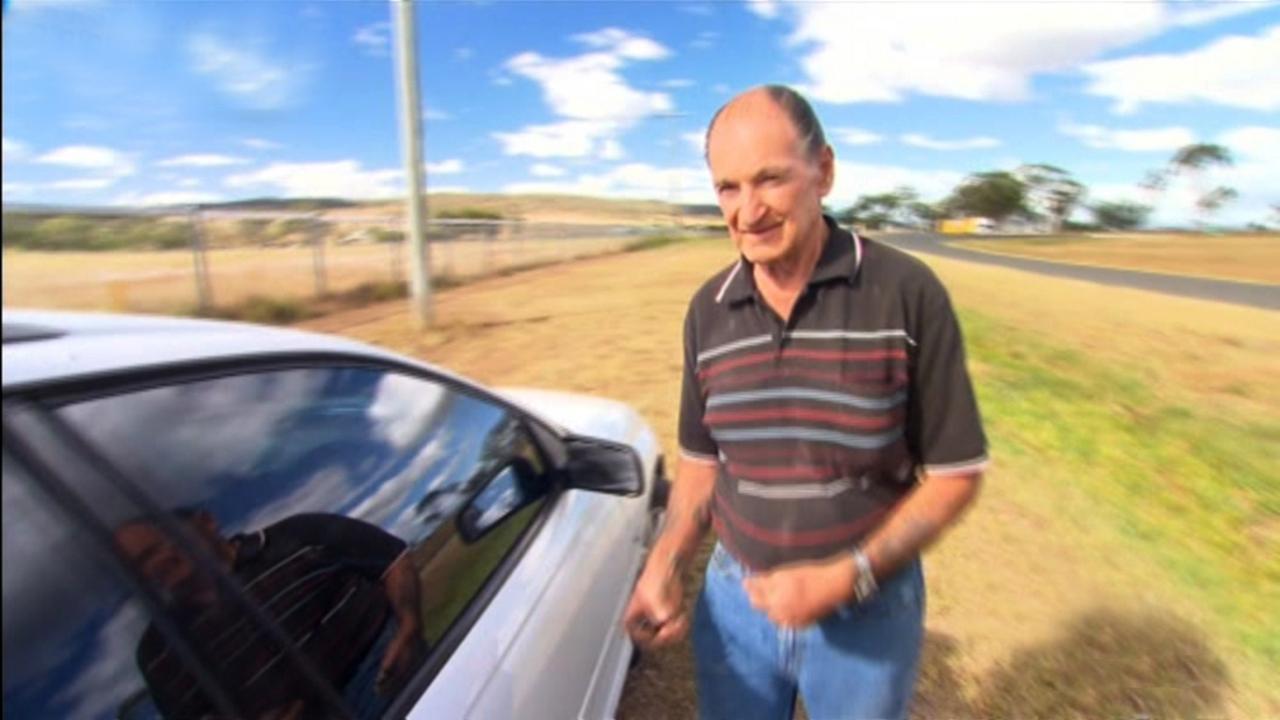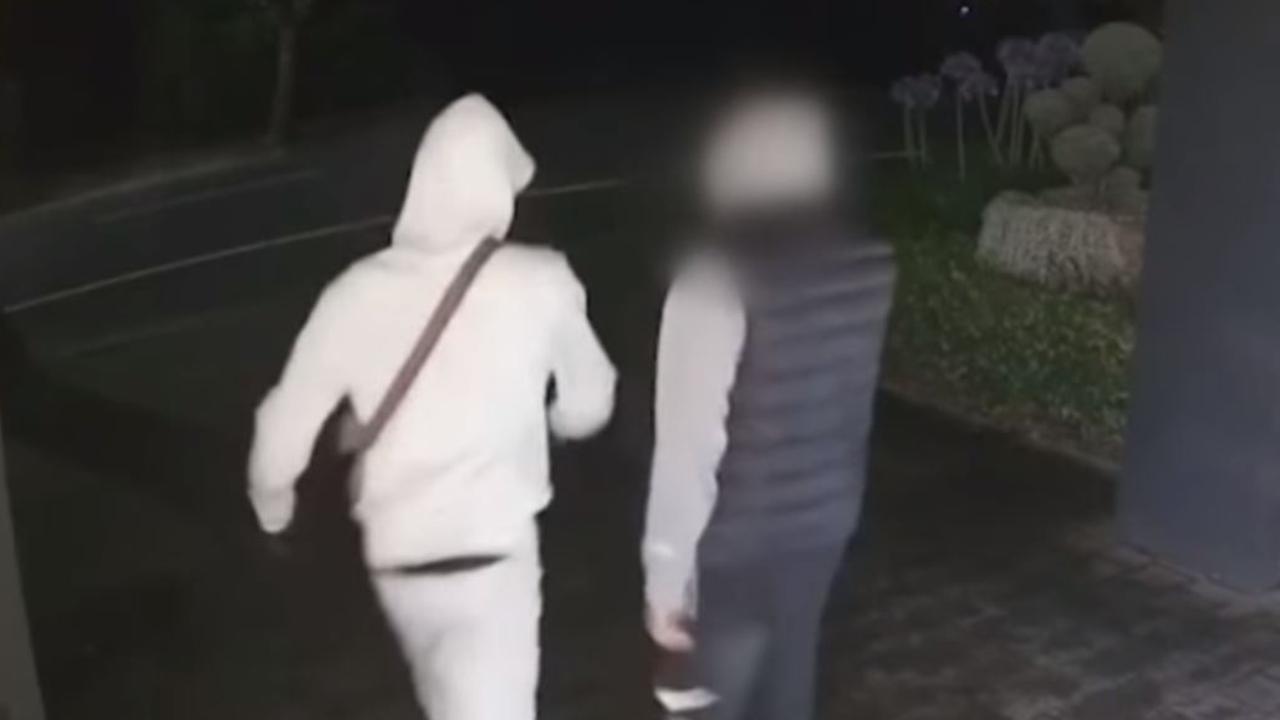Editor’s view: Criminals with a dark past should not sleep so well at night
The message Queensland Police sends to the community by continuing to investigate decades-old cold cases provides a powerful deterrent to would-be killers, writes the editor.

Opinion
Don't miss out on the headlines from Opinion. Followed categories will be added to My News.
The message Queensland Police sends to the community by continuing to investigate decades-old cold cases provides a powerful deterrent to would-be killers.
Cold cases are the source of immense pain and suffering for the loved ones of alleged crime victims.
One cold case which has returned to the public eye is that of the death of Meaghan Louise Rose, whose family never stopped fighting for her.
Ms Rose’s former partner, Keith Lees, 72, was on Friday arrested over the death of Ms Rose, whose body was found at the base of the Point Cartwright cliffs in Mooloolaba in 1997.
Her death was originally deemed a suicide before a reinvestigation by the Queensland Police Service homicide squad’s cold case team.

Ms Rose’s sister, Christine, never believed Ms Rose took her own life, and the family have been waiting 27 years for what they believe is the truth to be told about Ms Rose’s death.
This matter is now one for our criminal justice system to adjudicate upon.
But, in the broader sense, we should keep in mind the emotional damage done to thousands of families by unresolved criminal cases.
There are, quite literally, millions of dollars on offer in rewards for more than 130 cold cases which are still open to police investigation in this state alone.
One of the most notorious is the case of Betty Shanks who, in 1952, was walking from her tram stop to the family home in Wilston on Brisbane’s northside when she was murdered.
That crime still commands a $50,000 reward for information leading to the apprehension and conviction of the person or persons responsible for the murder.
That the chances of such a crime being solved after more than 70 years are slim is not contested.
Again, these rewards – along with dogged investigations over decades – provide powerful deterrents to would-be killers.
“The long arm of the law’’ is an ancient expression which best evokes the tenacious natures of some of our law enforcement officers, a number of whom see their work not so much as a job as a vocation.
In 2017, just by way of example, the work of Queensland Police led to the convictions of those responsible for the murders of Brisbane mother Barbara McCulkin and her two daughters, Vicki and Leanne.
That crime took place in 1974, yet Barbara McCulkin’s nephew, Brian Ogden, was still able to play a role in the process, reading a victim impact statement to the court on behalf of his father, Graham Ogden, brother to Barbara.

That ability to find some form of closure after such a horrific event is invaluable in the healing process.
Thankfully, the rapid advance of DNA technology over the past quarter of a century (particularly in forensic genetic genealogy) has provided many police officers with a reinvigorated interest in pursuing criminals who may believe the passage of time has protected them from prosecution.
Criminals with a dark past should not sleep so well at night.
They should know that the long arm of the law is now very much capable of reaching back through time, providing belated justice to both the perpetrators of crime and the families left to deal with the grief of their losses.
Originally published as Editor’s view: Criminals with a dark past should not sleep so well at night






